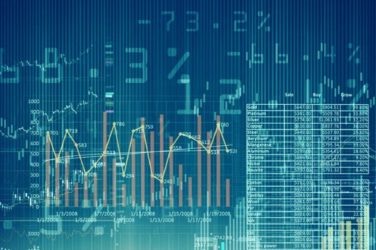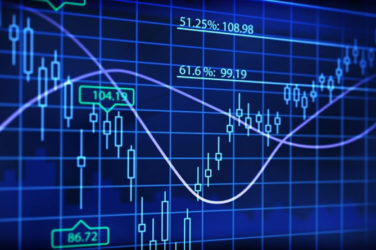
A German regulator has warned that it underestimated the difficulties in tagging algorithms, which may be required under the new regulations covering trading in Europe.
Since the beginning of April this year, the German high-frequency trading act has required all orders sent by an exchange member to a German venue to be tagged with a regulatory ID.
Karsten Hiestermann, director, exchange supervisory authority, State of Hessen spoke on a panel on tagging algos at the International Derivatives Expo in London.
He said: “We underestimated the difficulties and problems and the quality of surveillance suffered.”
Vassiliki Veliou, vice president, market structure at Eurex, said that even after the seven fields that needed to be flagged such as price, size and venue were agreed, further discussions were necessary on how to capture the whole decision path.
She gave the example of the HFT act covering the German domestic market while some algos take data from after-hours futures markets.
Veliou said: “The discussions were very burdensome and show it will be very difficult to harmonise such rules across Europe.”
The legislative text of the revised Markets in Financial Instruments Directive requires disclosure of algos and the detailed rules may force firms that use algos to register the source code with venues and then flag every change.
Christian Voigt, senior regulatory adviser at Fidessa, said issues arose in Germany when there were multiple algos in one order -such as a client sending an instruction to a broker to execute an algo on their behalf and how much information needs to be provided.
Voigt said there are three main areas where a common approach is needed across Europe in MiFID II.
“We need a common understanding as to what makes a unique algo, how much granularity is required and how much reporting is needed from the many regulated entities that could be involved in an order before an algo reaches an exchange,” Voigt added.
The German rules have been if effect since April 4 so it is too early to quantify any findings. “Between 90% and 95% of orders have been flagged so we have a lot of data,” added Hiestermann.
The Hesse regulator said the trade surveillance unit had bought new technology in order to analyse the new data.
Hiestermann said: “We still need staff to use their judgement and reach their own conclusions. The data puts the surveillance team into a position where they can ask questions.”
Featured image via iStock





